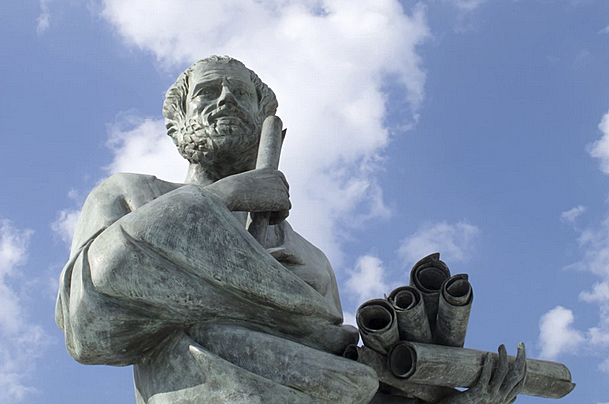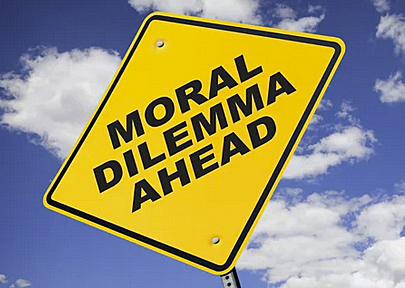Aristotle, polymath and philosopher for all seasons by Miguel A. Faria, MD
This is a review of the book Aristotle by John Herman Randall, Jr., Easton Press leather bound edition (1990). The author John Herman Randall (1899-1980) was an educator, Professor of Philosophy at Columbia University, and a humanist, signer of the Humanist Manifesto (1933). A favorable Foreword for the book was written by the Reverend Joseph […]
Aristotle, polymath and philosopher for all seasons by Miguel A. Faria, MD Read More »





